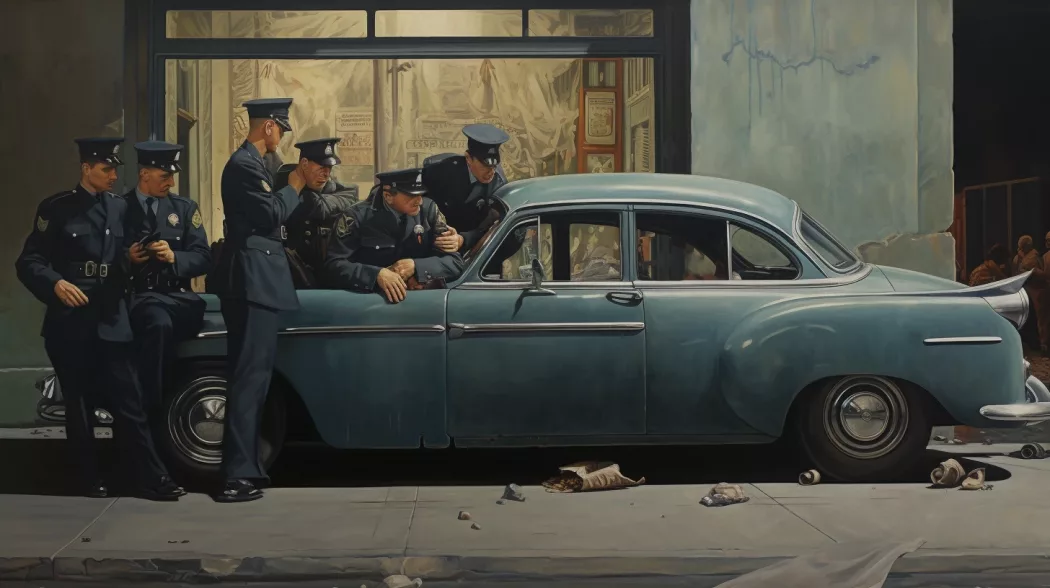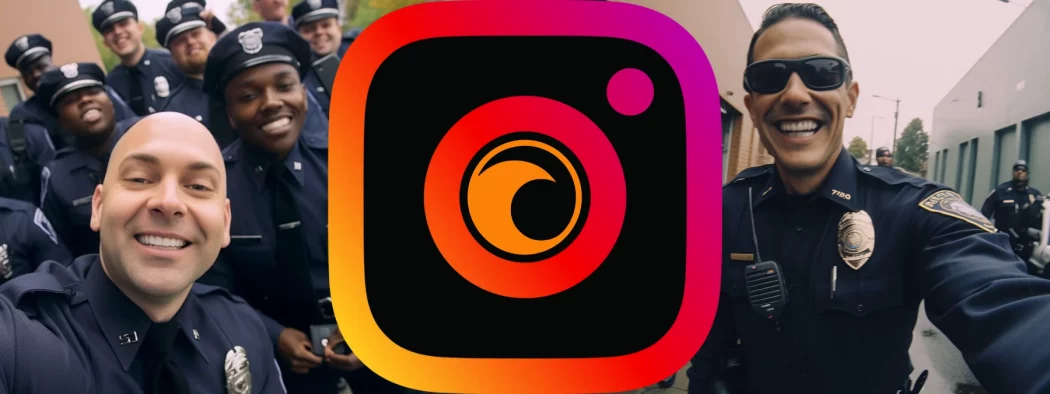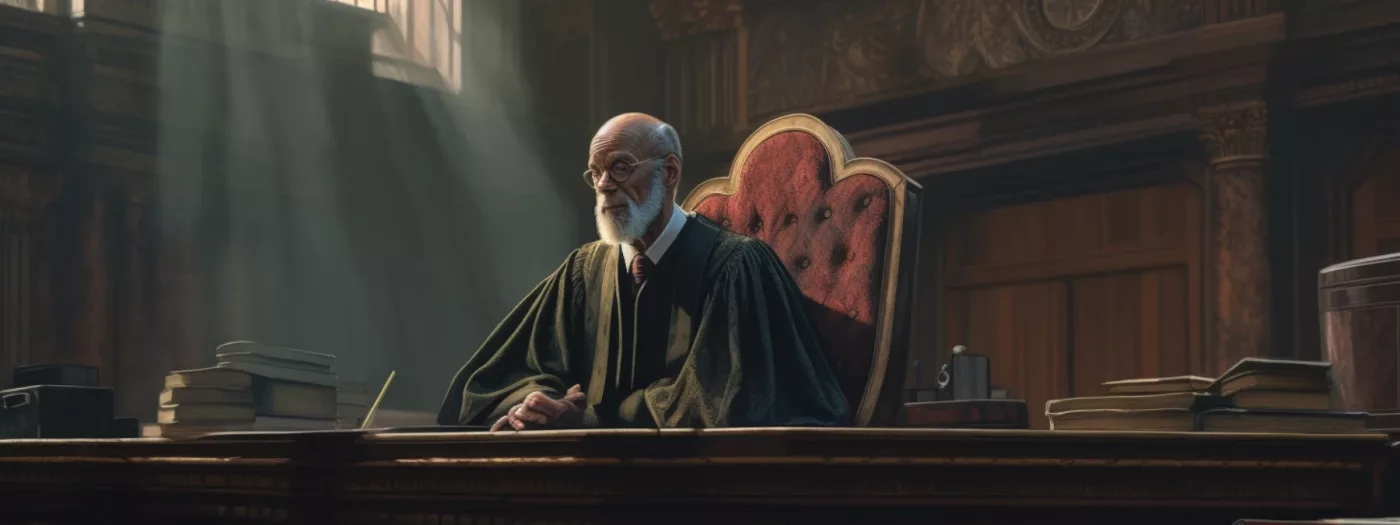Fraud investigators know better than anyone that financial crimes are a mountain of paperwork. Identity theft and fraud cases lead investigators to potentially hundreds of victims with pages and pages of …
Understanding Search Warrants: Technology search warrants
In our previous blog post of the “Understanding Search Warrants” series, persons search warrants, we discussed issues related to writing search warrants to both search and collect people. Today is …
Understanding Search Warrants: Persons Search Warrants
In our previous blog post of the “Understanding Search Warrants” series, vehicle search warrants, we covered tips for writing search warrants to collect evidence from vehicles, infotainment systems and motorhomes. …
Understanding Search Warrants: Vehicle search warrants
In our previous blog post of the “Understanding Search Warrants” series, residential search warrants, we covered tips for writing search warrants for single-family and multi-family residences, outbuildings, and commercial properties. …
Understanding Search Warrants: Residential search warrants
In our previous blog post of the “Understanding Search Warrants” series, Particularity in search warrants, we learned what makes a good description of a search location or evidence, and what …
Understanding Search Warrants: Particularity in search warrants
In our previous blog post of the “Understanding Search Warrants” series, Expertise Statements, we explored what it takes to prove to the court that you know what you are talking …
Understanding Search Warrants: Expertise Statements
In our previous blog post of the “Understanding Search Warrants” series, About the search warrant document, we explored the composition and importance of search warrant documents, with a specific focus …
Understanding Search Warrants: About the search warrant document
Welcome to our exciting new blog series: Understanding Search Warrants. This article is about the search warrant document. In these posts, we’ll take a close look at search warrants and …
Writing Instagram Search Warrants
Instagram isn’t just for selfies and food photos—it can be a goldmine of evidence in a criminal investigation. Actions such as posting a photo or reel, sending a DM, or …
Vehicle Search & Seizure: Lessons from Arizona v. Gant
Arizona v. Gant (556 U.S. 332, April 21 2009) sharply limits warrantless vehicle searches incident to arrest. Officers may search only when the arrestee can access the vehicle at the time or when it is reasonable …










